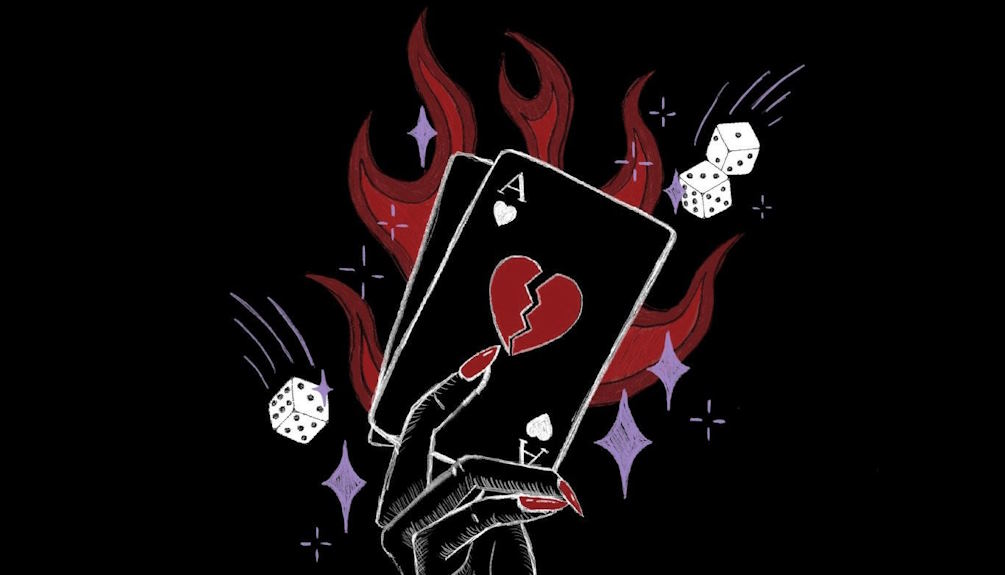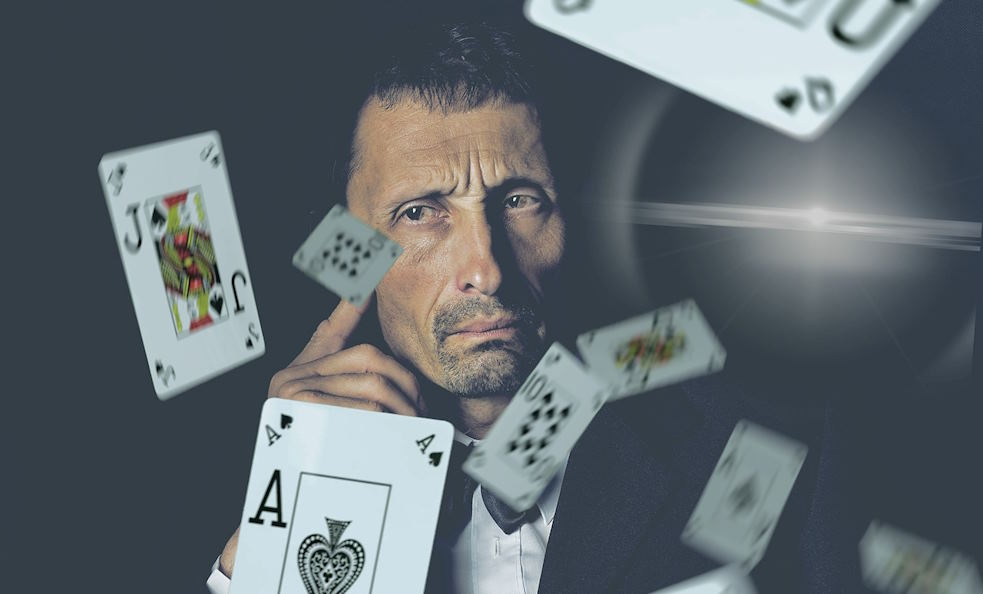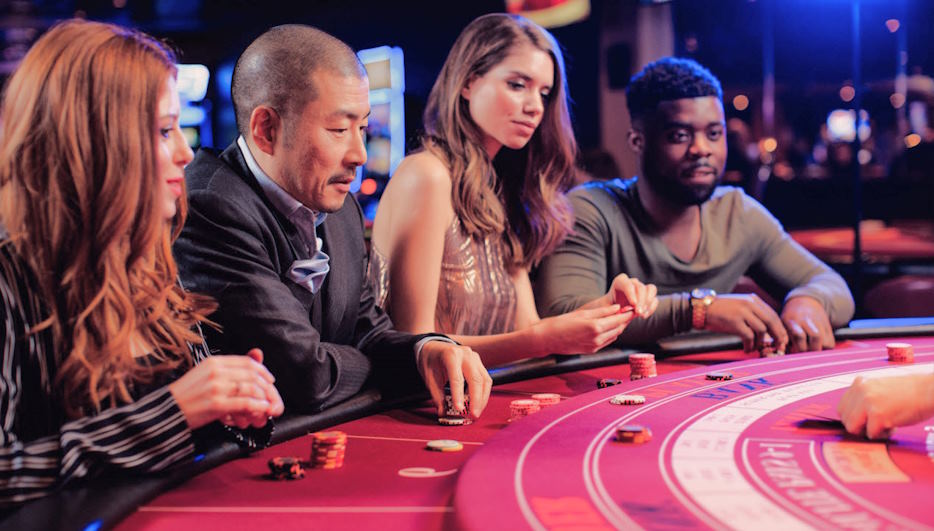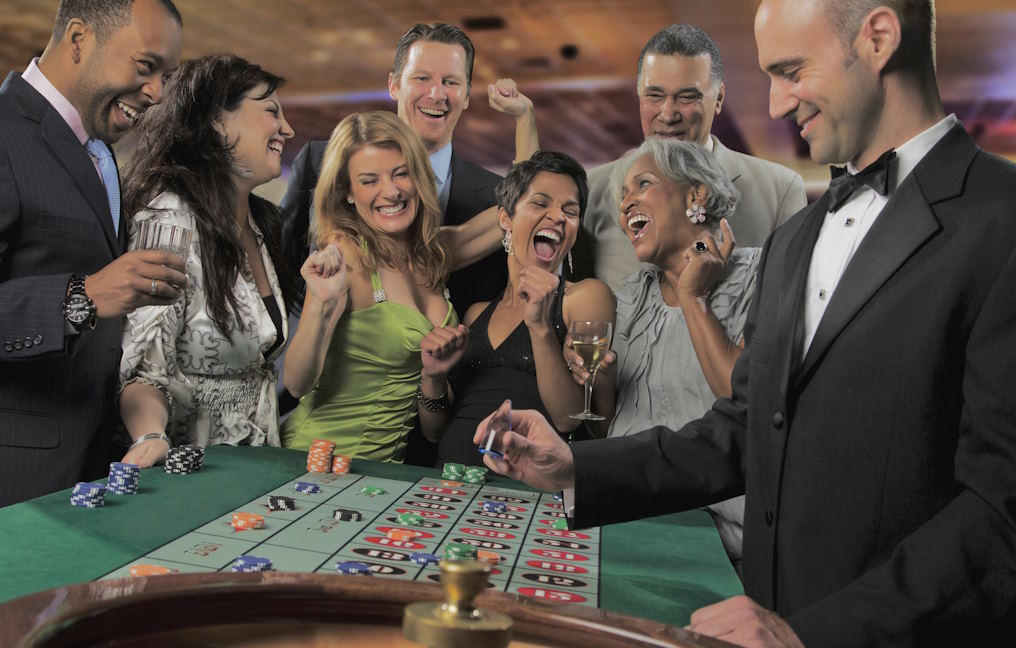Gambling is an unpredictable activity that often takes individuals on an emotional roller coaster ride of winning and losing. This high-stakes income can generate intense feelings, swinging from the exhilaration of victory to the depths of despair in defeat. You need to form strategies for dealing with the emotional toll of gambling so that in the future there can be a higher amount of income.
The motive of gambling lies in the prospect of winning big. The moment a player places a bet, excitement will develop in people that will finally lead to higher winning in the future period. The possibility of instant wealth attracts a large amount of income making each spin of the wheel of the slot machine lever an electrifying experience.

Is Gambling All About Winning And Losing?
However, for every winner in the world of gambling, there are many more losers. The chance of winning the game can even lead to losses that affect the rate of income. Losing not only leads to financial consequences but also takes a toll on a person’s emotional well-being. Exploring the emotional impact of gambling outcomes in advance will help in handling the situation perfectly.
The thrill of winning and the despair of losing are not limited to financial aspects alone. Relationships, self-esteem, and mental health can all be affected by the unpredictable nature of gambling. Winning may lead to overconfidence, strained relationships, and reckless behavior while losing can result in shame, guilt, and depression.

To navigate this emotional roller coaster, responsible gambling practices are essential. Setting limits on time and money spent gambling, seeking support from loved ones, and knowing when to walk away are crucial steps in maintaining a healthy relationship with this pastime.
You should analyze the emotional responses in gambling for better results. Additionally, professional help and support groups are available for those who find themselves unable to break free from the cycle of gambling addiction.




